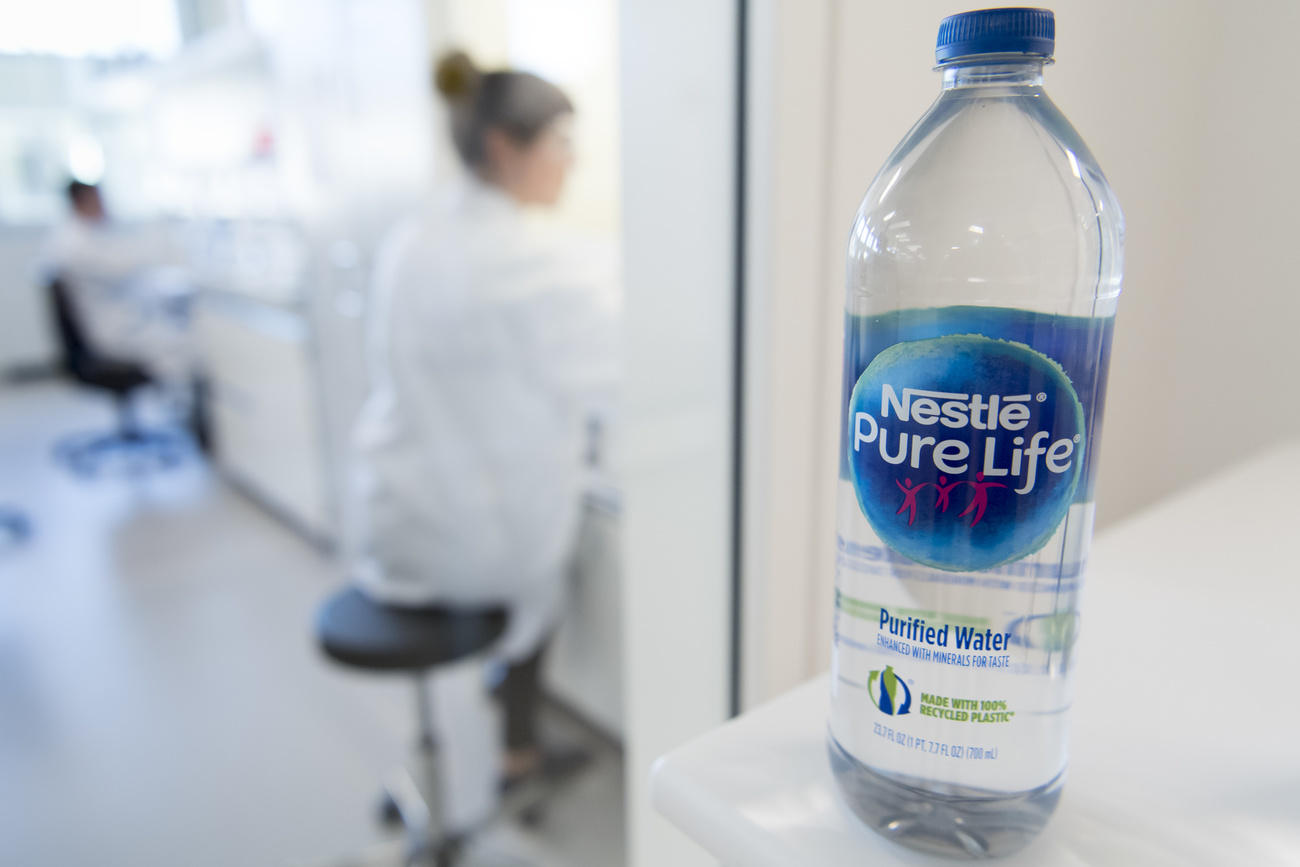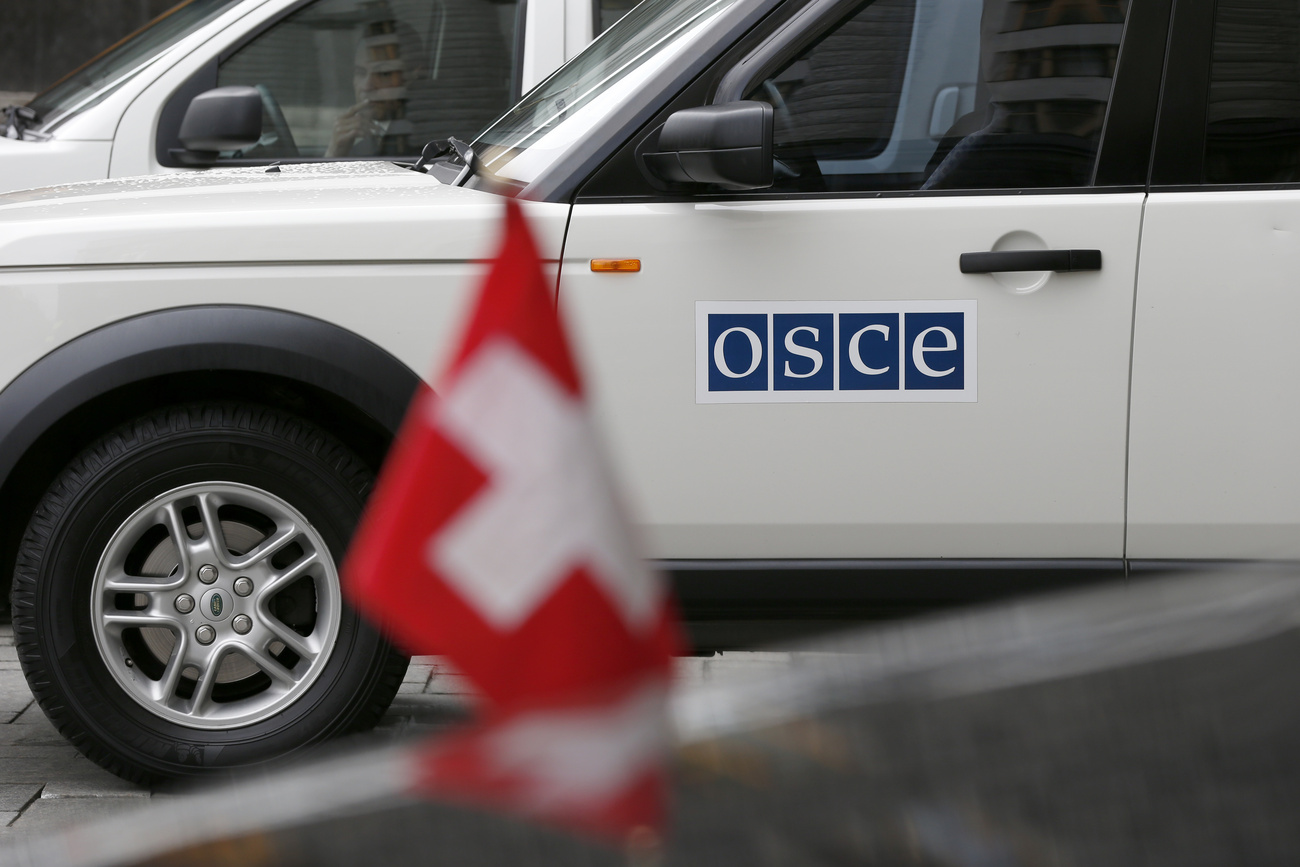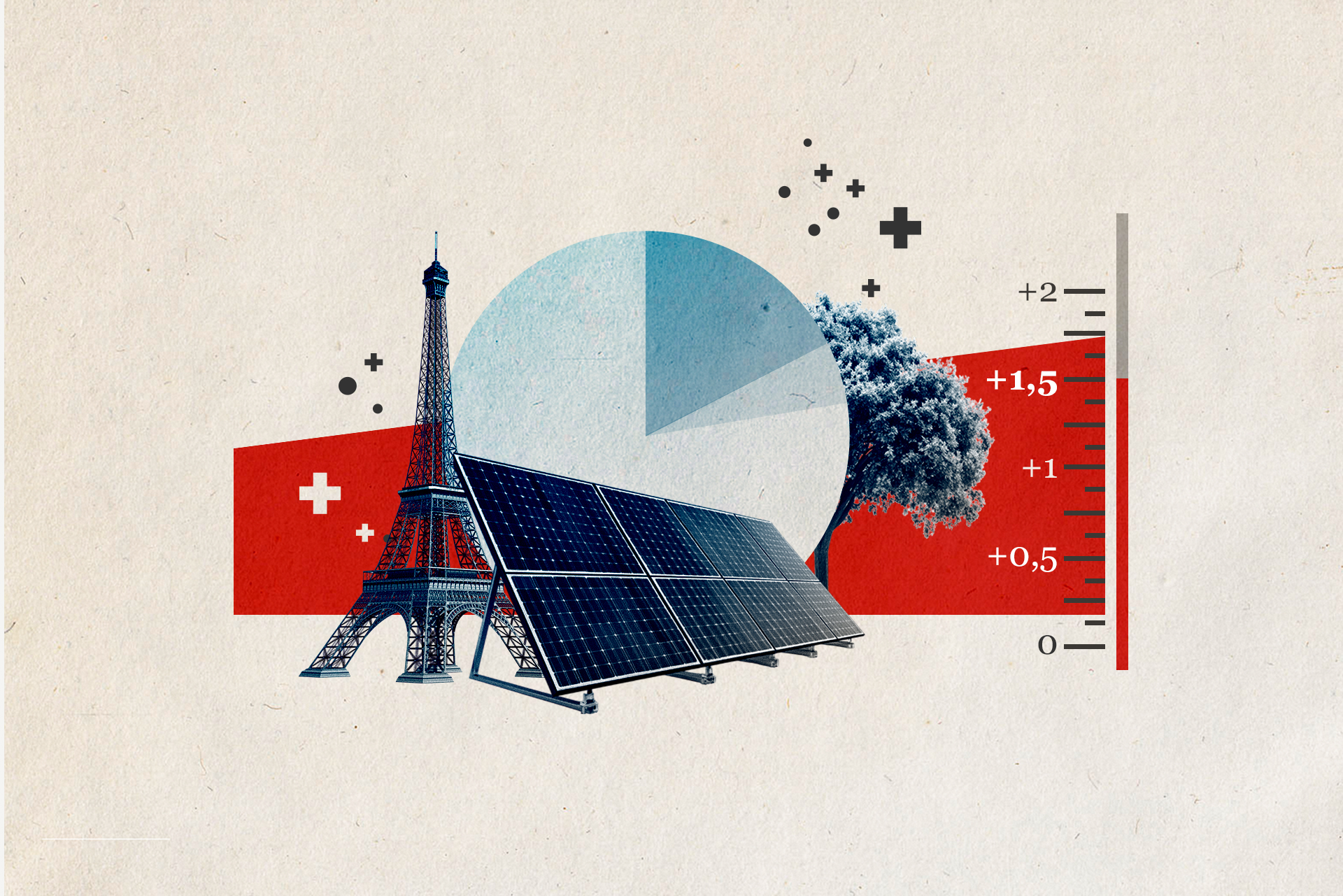
Nestlé launches packaging institute to address plastic waste

Swiss consumer goods giant Nestlé has launched a new packaging institute with the specific goal to address the global problem of plastic waste. A tall order for an industry that has been seen as a key contributor to the problem.
“Our vision is a world in which none of our packaging ends up in landfill or as litter,” stated Mark Schneider, Nestlé CEO at the opening of the Nestlé Institute of Packaging SciencesExternal link on Thursday.
Over a year ago, the company committed to make 100% of its packaging recyclable or reusable by 2025 and in January acknowledged that it must go beyond recyclability to look at alternative materials.
In a statement, the company says the Institute will focus on research and development of refillable or reusable packaging, simplified and recycled packaging, high-performance barrier papers as well as bio-based, compostable and biodegradable materials.
Nestlé has faced strong criticism from Greenpeace among other NGOs for its contribution to public waste. A recent ranking found that the Vevey-based company, along with Coca-Cola and PepsiCo, account for 14% of the branded plastic pollution found worldwide.
Some 50 employees work at the Institute in partnership with external scientists and start-ups. Nestlé declined to disclose the size of the investment but said the technologies developed at the institute could be licensed to third parties.
Switzerland is considered one of the worst offenders when it comes to packaging, consuming three times as much plastic as other European countries, but recycling 30% less. Each year, Switzerland generates nearly 100kg of plastic waste per capita – more than three times as much as the European average.
Climate pledge
The company also announced a commitment to achieve zero net greenhouse gas emissions by 2050.
This announcement comes in the lead up to the UN Climate Action Summit that will take place next week in New York. Nestlé says it plans to sign a business pledge to help keep global temperature rise below 1.5°C.
The company has laid out some actions it plans to take to meet this commitment including launching more products with a better environmental footprint such as plant-based food and beverage options. It also plans to reformulate its products using more “climate-friendly ingredients”.
In a statement, Magdi Batato, Executive Vice President, Head of Operations at Nestlé said: “To align our goals to the 1.5°C pathway, we are transforming our operations. This will lead to a major shift in the way our ingredients are produced and sourced.”
Nestlé indicated that it will develop a time-bound plan including interim targets consistent with the 1.5°C path.

In compliance with the JTI standards
More: SWI swissinfo.ch certified by the Journalism Trust Initiative




























You can find an overview of ongoing debates with our journalists here . Please join us!
If you want to start a conversation about a topic raised in this article or want to report factual errors, email us at english@swissinfo.ch.